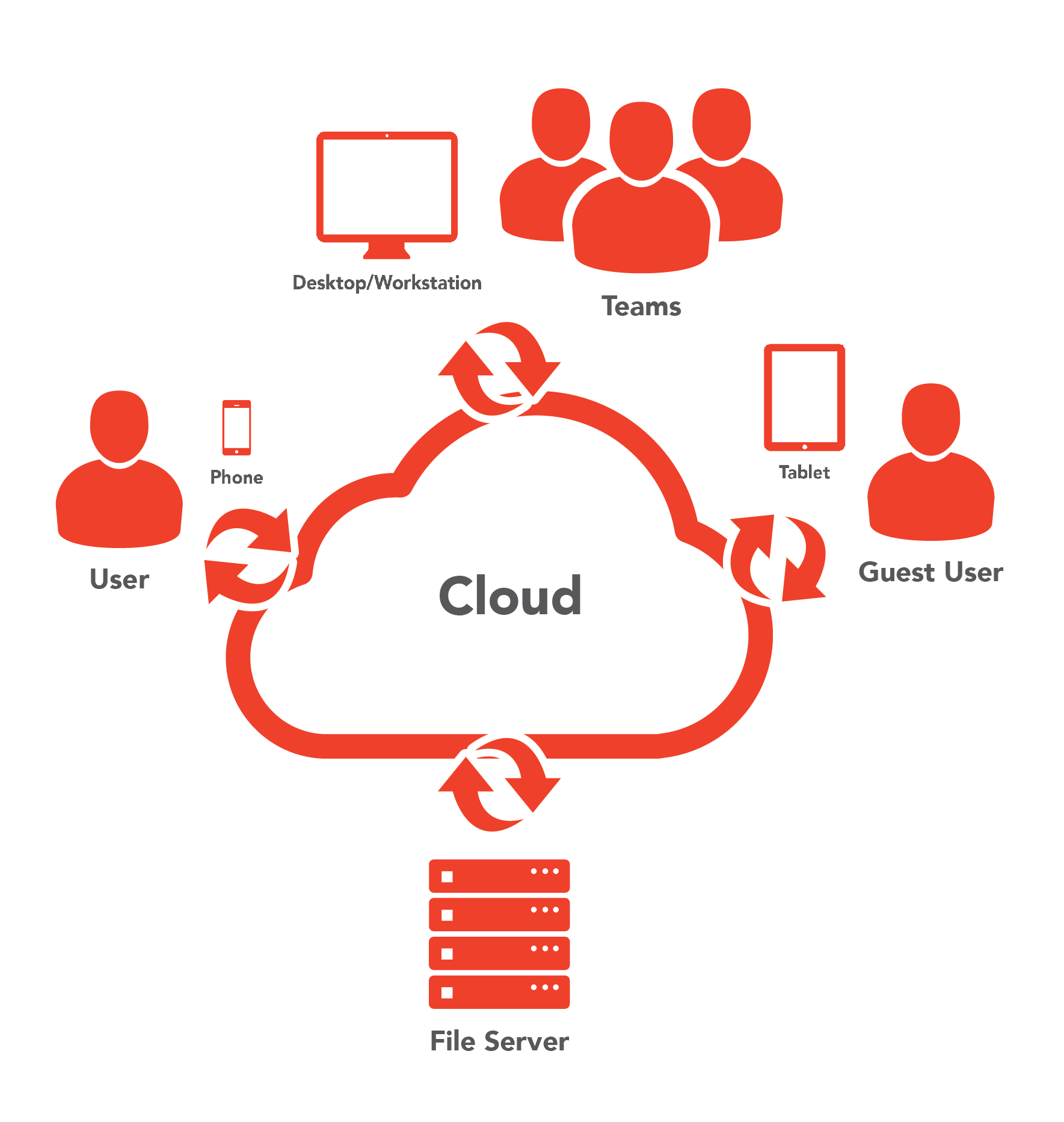Growing in sophistication, phishing attempts appear trustworthy, but the goal is simple: steal valuable data. With infectious links spreading through any means— email, instant message, and even social media posts—phishing has become one of the most common security challenges facing businesses and consumers.
Many businesses are hit by these attacks simply because they fail to educate their staff about phishing schemes and other cyber threats. Others don’t use and maintain the right technology and managed IT services to prevent the attack in the first place.
Here are some tips to get started:
- None of us are immune. When you think of data breaches, you probably think of Sony, Target, or Anthem, but in reality, SMBs are often targeted by cyber criminals as well. In 2014, about 60 percent of all U.S. cyber attacks were aimed at SMBs, according to the Internet Security Threat Report.
- Protect yourself from social engineering and phishing attacks. For the most part, you can do this by using good judgement. For starters, don’t open emails from untrusted sources, and if you see an email that looks like it’s from a contact but seems suspicious, give them a call rather than responding via email.
- Set up an intrusion-prevention system and security software on all computers. We recommend a combination of antivirus software, firewalls, and spam filters.
- Travelers should take extra precautions to guard themselves from cyber threats and protect devices they take on the road. This includes backing up all files, removing sensitive documents and information from their devices, ensuring passwords are in use and that antivirus software is updated.
Download our full list of Cybersecurity Tips here.

